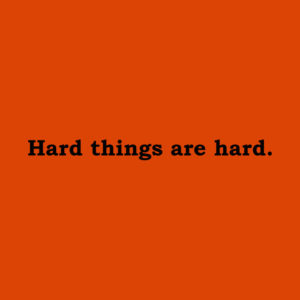My general approach to academics: goal-setting, organization, and study skills
For students to do their best, they must first figure out where they want to end up, and then create a plan to get there. By setting long-term goals, and then backing into what is required today, this week, this month, students are able to take control of their academics, stay focused on the task at hand, feel less stress, and achieve their goals.
With all of my students, I emphasize goal-setting, organization, and study skills to help them develop an idea of what they want to accomplish and what tools they will need to get there. These concepts create a solid foundation for an enjoyable and successful academic experience. Furthermore, these are habits that, if developed and honed, will become life skills, indispensable for applying to schools, choosing a career, buying a house, making investments, etc. To combine these crucial skills – goal-setting, organization and planning, and grade-tracking – in one simple-to-use platform, I created the website and app altaipsum.com.
Finally, I provide a wide variety of study skills materials, from general ways to take notes and organize information for effective studying, to time management charts for daily homework and weekly studying, to exam preparation sheets for planning ahead and creating an exam study schedule. As I always emphasize with my students: take control of your schoolwork instead of having it control you!

My subject-specific tutoring approach: The Socratic Method

“Take control of your schoolwork instead of having it control you!”
I have often referred to my approach as the “Socratic Method of Tutoring” because I don’t give answers, I ask questions. Merely providing answers to students’ questions stops their active engagement as they passively receive information and move on to the next math problem, science question, grammar sentence, or Latin translation.
Certainly many of my students might prefer that I did just give them answers, but then I would be doing them a great disservice. I remind them that I will not always be near to provide the answer – most significantly during a test or exam – so they must develop the capacity to lead themselves to the solutions they require, to train their brains to actively search for and make the connections that will get them back on track. Hard things are hard, but worth it.
So, instead, I ask them questions to help them connect what they do know to what they are trying to figure out. In this fashion, I show them how to ask pertinent questions of themselves while they are doing their work or taking a test. This process enables them to create more neural connections and to strengthen existing ones in their brains. The end result is a student who is more independent and confident, one who is better able to take on greater academic challenges with enthusiasm and desire instead of fear and loathing.